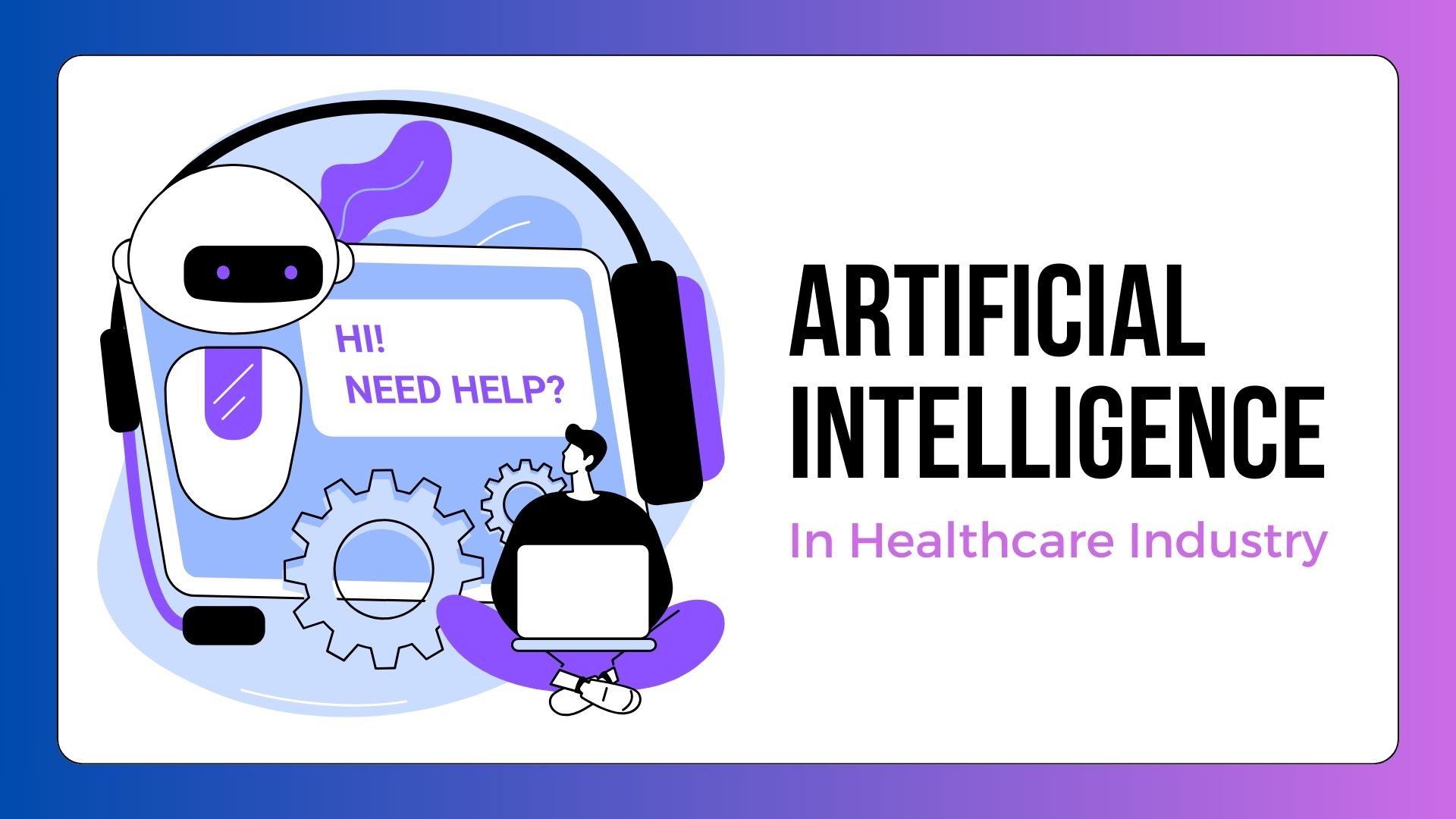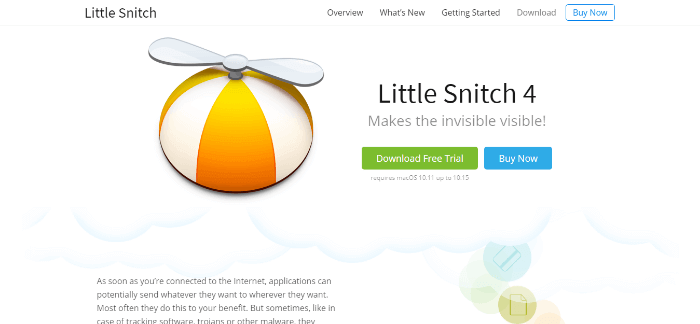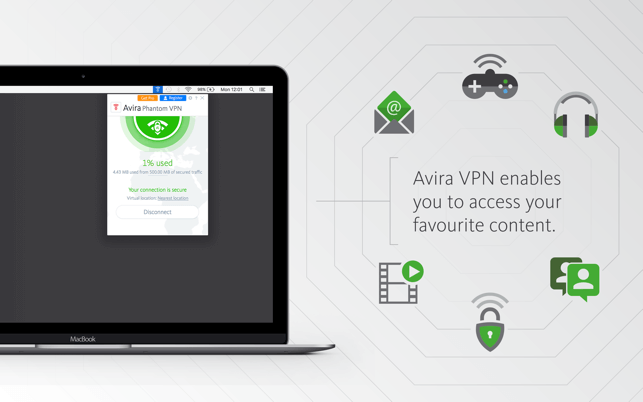Health
The Transformative Role of AI in Telemedicine

The integration of Artificial Intelligence (AI) in telemedicine marks a significant evolution in healthcare delivery, promising enhanced patient care, increased accessibility, and optimized operations. As technology continues to advance, AI’s role in telemedicine becomes more pivotal, reshaping how medical services are provided and experienced.
Here, we explore the transformative impact of AI in telemedicine and how it is revolutionizing healthcare.
Table of Contents
How AI Revolutionizing Telemedicine Healthcare
Enhancing Diagnostic Accuracy
One of the most profound impacts of AI in telemedicine is its ability to enhance diagnostic accuracy. AI algorithms, trained on vast datasets, can analyze medical images, patient histories, and laboratory results with remarkable precision. For instance, AI-powered diagnostic tools can detect anomalies in radiographs or MRIs, often identifying issues that might be overlooked by the human eye. A study published in Nature Medicine found that AI algorithms outperformed human radiologists in detecting lung cancer from CT scans, with a reduction in false positives and negatives .
Personalized Treatment Plans
AI enables the creation of personalized treatment plans by analyzing individual patient data, including genetics, lifestyle, and previous medical history. By leveraging machine learning algorithms, AI can predict how a patient might respond to a particular treatment, allowing healthcare providers to tailor interventions that are most likely to be effective.
Dr. Eric Topol, a renowned cardiologist and digital medicine researcher, stated,
“AI will make healthcare more humane, affordable, and precise by providing personalized treatment plans based on an individual’s unique data set” .
Virtual Health Assistants
AI-powered virtual health assistants are becoming an integral part of telemedicine platforms. These assistants can interact with patients in real-time, providing answers to medical queries, reminding them to take medications, and offering guidance on managing chronic conditions. Virtual health assistants help bridge the gap between patients and healthcare providers, ensuring continuous monitoring and support without the need for frequent in-person visits.
Streamlining Administrative Processes
AI in telemedicine is also revolutionizing administrative tasks, reducing the burden on healthcare professionals and improving overall efficiency. AI can automate appointment scheduling, patient registration, and billing processes, minimizing errors and freeing up staff to focus on patient care. According to a report by McKinsey, automation of administrative tasks in healthcare can save up to $150 billion annually in the United States alone .
Predictive Analytics for Proactive Care
Predictive analytics, powered by AI, enable proactive care by identifying potential health risks before they become critical. By analyzing patterns in patient data, AI can predict the likelihood of hospital readmissions, the onset of diseases, or the progression of chronic conditions. This allows healthcare providers to intervene early, potentially preventing severe health issues and reducing the overall cost of care.
Enhancing Telemedicine Accessibility
AI is instrumental in making telemedicine more accessible to diverse populations. Natural language processing (NLP) allows AI systems to understand and respond to patient inquiries in multiple languages, breaking down language barriers that might prevent individuals from seeking medical advice. Additionally, AI-driven platforms can provide real-time translations during telehealth consultations, ensuring that non-native speakers receive accurate and comprehensible information.
Augmenting Remote Monitoring
Remote monitoring is a cornerstone of telemedicine, and AI enhances its effectiveness by continuously analyzing data from wearable devices and other remote monitoring tools. AI algorithms can detect deviations from normal patterns, such as irregular heartbeats or changes in blood glucose levels, and alert healthcare providers to potential issues. This real-time monitoring ensures that patients receive timely interventions, improving health outcomes and reducing hospital admissions.

AI Applications in Telemedicine
| AI Application | Description | Benefits |
|---|---|---|
| Diagnostic Tools | Analyzes medical images and patient data to detect diseases | Increased diagnostic accuracy, early disease detection |
| Personalized Treatment | Tailors treatment plans based on individual patient data | More effective treatments, higher patient satisfaction |
| Virtual Health Assistants | Provides real-time patient support and guidance | Continuous monitoring, reduced need for in-person visits |
| Administrative Automation | Automates scheduling, registration, and billing processes | Reduced errors, increased efficiency, cost savings |
| Predictive Analytics | Identifies health risks and predicts disease progression | Early intervention, improved health outcomes, reduced healthcare costs |
| Remote Monitoring | Analyzes data from wearable devices to monitor patient health | Timely interventions, better management of chronic conditions |
Real-World Examples
- IBM Watson Health: IBM’s Watson is revolutionizing oncology by analyzing patient data and suggesting personalized treatment options, enhancing the precision of cancer care.
- Buoy Health: Buoy Health uses AI to provide personalized health assessments and guide users to appropriate care based on their symptoms.
- Ada Health: Ada’s AI-powered app offers a personalized health assessment and suggests possible conditions based on user input, helping users make informed decisions about their health.
- Teladoc Health: Teladoc is a leader in telemedicine, providing comprehensive virtual care services. Their AI-driven platform helps in triaging patients, managing chronic conditions, and offering mental health support.
- Fitwell Hub: Fitwell Hub is a hybrid (virtual & in-clinic) healthcare clinic and telemedicine solution in Pakistan. They offer various services including virtual consultations, in-clinic consultations, and specialized programs such as Assessment Smart Kiosks (ASK) and Shecare for pregnancy support. Fitwell Hub leverages AI for diagnostics and patient care, ensuring efficient and accessible healthcare.
Latest Studies
- A 2023 study in the Journal of Medical Internet Research showed that AI-driven telehealth consultations led to a 20% increase in patient satisfaction compared to traditional methods .
- Research from Stanford University indicates that AI can reduce diagnostic errors by up to 85%, highlighting its potential to improve patient outcomes .
Quotes from Experts
Dr. Eric Topol: “AI will make healthcare more humane, affordable, and precise by providing personalized treatment plans based on an individual’s unique data set.”
Andrew Ng, Co-founder of Google Brain: “AI is the new electricity, and in healthcare, it is lighting up new possibilities for better patient outcomes.”
The role of AI in telemedicine is not just a futuristic concept; it is a present reality transforming healthcare. To stay updated on the latest advancements in AI and telemedicine, subscribe to our newsletter and join our community of healthcare innovators. Together, we can leverage AI to provide better, more accessible healthcare for all.
Conclusion
By leveraging the power of AI, telemedicine can achieve its full potential, transforming healthcare delivery and ensuring better health outcomes for patients worldwide. Embracing AI in telemedicine not only addresses current healthcare challenges but also sets the foundation for a future where quality medical care is accessible to all, regardless of geographical or socioeconomic barriers.
References
- Nature Medicine. “Artificial intelligence in healthcare: How AI is revolutionizing the field.” Nature Medicine
- Dr. Eric Topol. “The Patient Will See You Now: The Future of Medicine is in Your Hands.”
- McKinsey & Company. “The Future of Healthcare: AI and Automation.” McKinsey
- Journal of Medical Internet Research. “AI-driven telehealth consultations and patient satisfaction.” JMIR
- Stanford University. “AI reducing diagnostic errors in healthcare.” Stanford

-

 Gaming3 months ago
Gaming3 months agoDownload Prod keys Ryujinx & Yuzu latest version Emulator
-

 Technology5 years ago
Technology5 years agoHOW TO FIND GRAHM AND ROUTE IN FALLOUT 76
-

 Online Services6 years ago
Online Services6 years agoLittleSnitch Network Monitor | Lock down Network Traffic
-

 Online Services6 years ago
Online Services6 years agoFMovies Reviews, Features and Pricing | Online Movies Platform
-

 Technology6 years ago
Technology6 years agoAvira Phantom VPN for Mac
-

 Online Services6 years ago
Online Services6 years agoKrita Reviews, Features and pricing | Edit photo online free
-

 Technology6 years ago
Technology6 years agoDownload Avast SecureLine VPN for Mac
-

 Technology6 years ago
Technology6 years agoAVG Secure VPN for Mac

